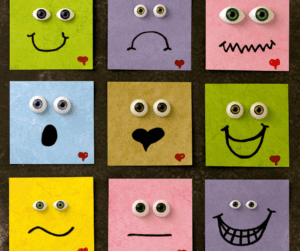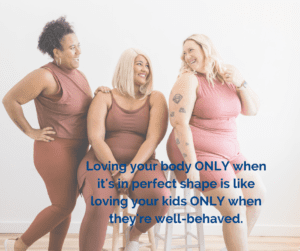9 Self-Care Tips to Nurture Your Spirit
In 2016 I had my first reading with a numerologist. Every year I would sit with her at the annual Touched by a Horse summit to get my reading, and each time, I was reminded that I needed to dive deeper into my connection with spirit. I had spent many years going to church and, at the time, believed that was enough.
I was wrong!
Although I understood the importance of spirituality, it still hadn’t sunk in. It wasn’t until much later that I realized how disconnected I was from my higher self. So, I searched for ways to bring a higher spirituality to my life. I certified in Eden Energy Medicine (level one), attended drumming circles, meditated, journaled, sought out a Shaman, walked, and more.
I was trying so hard, yet I wasn’t taming the monkey brain that kept me in a state of stress. I’m not saying those things don’t work because they do. The ingredient that I’d left out was FORGIVENESS.
Once I found forgiveness of self and let go of some old wounds, spiritual self-care took on a whole new feeling and connection with self.
So, this week I wanted to write to you about spiritual self-care, the seventh of the eight pillars of self-care I’ve been researching and writing about.
What Is Spiritual Self-Care?
Spiritual self-care is about connection. It’s a personal practice that connects you to your higher self, the real you! The practice of spiritual self-care improves overall health. It is easily practiced through meditation, journaling, nature, prayer, Yoga, gratitude journaling, mindfulness, religious practice, or anything else that lifts your spirit.
Why Is Spiritual Self-Care Important?
It quiets the mind and takes away the chatter that holds many in a state of stress. When the mind is quiet, the body becomes quiet, offering clarity, a sense of peace, and inner harmony. Spiritual self-care also provides health benefits, such as an improved emotional state, a more robust immune system, reduced risk of disease, improved self-confidence, and more.

Nurture Your Spirit —
Forgiveness — Holding on to past mistakes, grudges or resentment will make spiritual self-care challenging, so start here!
Prayer — If you are religious, spend time in prayer. Have conversations with God and let it all hang out. Prayer is a no-judgment zone.
Meditation — If you’ve never given it a try, do. With practice, it gets easier to sit still and let all thoughts and judgments go. You’ll love the benefits.
Gratitude — Gratitude goes a long way toward creating joy. It offers appreciation and a positive outlook on life.
Nature — Unplug from what keeps you indoors and get outside and experience what nature has to offer.
Journal — I highly recommend morning pages to dump whatever is on your mind. You can let go of so much this way. Leave it on the paper and walk away from what troubles you.
Connection — Having a community of friends and family with whom you can share ideas, support each other, laugh, and cry is essential to our human nature.
Yoga — The practice of Yoga not only works your body physically, but it encourages a deep connection within yourself.
Walking — One of the simplest things you can do. Unplug, go outside, and walk. Your body, mind, and spirit will appreciate it.
Other — Find what feels good, and you’ll find spiritual self-care!
As with any practice, spiritual self-care takes time, practice, and devotion to self-exploration. Give at least one of the items listed above a try and see how it goes. If it doesn’t feel like the right fit, move on to another one until you find that thing that brings you a sense of inner peace and harmony.
With love,
Vonie
P.S. For more self-care tips, head on over to my other blog posts.




